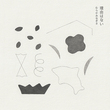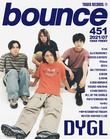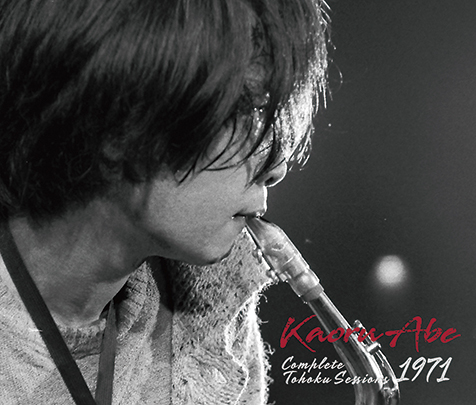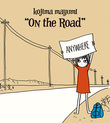Ykiki Beat "When the World is Wide"
Interview & Text: Yu Onoda
With their single “Forever”, released digitally and in vinyl, stealing the scene last year hailing from Tokyo, Ykiki Beat is the ‘new-generation’ band currently topping the nominees list for “Next-Breaking” artists. At the average age of 22 years-old, the music played by the fivesome displays a modern combination of a mainstream pop sense in the likes of Foster The People or Passion Pit, with the edginess of indie rock, old and new.
“”Forever” was the first song we recorded with all members of the band involved. Until then, we used to develop the arrangements on a computer screen, but with all of us taking part of the process this time, a new dimension was added to it all of a sudden, and we felt the response of the audience being so much greater compared to past performances. (Nobuki Akiyama, Vo., G.).
“In the past, it was Akiyama writing the songs and giving instructions about the arrangements. But in the latest release, every member actively took part in the recording process, which resulted in a change to the mood of the songs. Playing live also feels a lot different.” (Kohei Kamoto, G., Vo.)
The album, “When the World is Wide” was released in 3 years since the five, who all belonged to the same music circle at university, formed the band. The release marking their CD debut welcomed Tom Mcfall for the mixing and mastering, known for also working with Weezer or Bloc Party. The masterpiece, “Forever” in which their as-yet-unknown potential is seen bounding upliftingly, shines an even stronger light on the path the band is headed towards.
“As reference, I listened to Velvet Underground, Joy Division and The Jesus and Mary Chain a lot while we were making the album. I think it’s natural for the air of the era or the interests of the time to come out in the arrangement of the tracks, and we certainly have no intention to omit those. But at the same time, we also have no intention of making music that extracts only the moods of the era, ending up having a short shelf-life, so we are pretty particular about ageless melodies of which the appeal stands out with, no matter what arrangement the song is given”. (Akiyama)
A large-scaled pop sense and universal melodies, fused with cutting-edge expressions following in the wake of alternative music. Added to those are the English lyrics sung in the close-to-native pronunciation that makes the flow of the melodies even smoother, which is another advantage the band can pride themselves in.
“Playing in a band from when I was in high school, I knew that singing in English was a challenge for a Japanese band, and I felt that there were very few bands who had cleared that point. I knew I wanted to continue playing in a band further on, so from around then, I began studying English pronunciations intensely. Because I was listening to British bands a lot, my pronunciation is based mainly on British English”. (Akiyama)
As the fact that the Philadelphia-based film collective, Out Of Town Films, made their way to Japan to film their live session indicates, Ykiki Beat was already in the international spotlight, creating a buzz even before they released any of their works. For them, thinking globally is just too natural, and it is reassuring to know that the band is taking into consideration plans for going international, without much surprise.
“Phoenix and Tame Impala are some of the bands we consider ideal. Phoenix is a band from France, but appreciated in the UK and US, as well as in Japan. This country, Japan, where we were born and raised, especially Tokyo, is a place that has a variety of races, as well as a global city where anything and everything comes to hand. Music made here by someone living in this city can actually be something global, and the album we made this time is based on that kind of an ‘international’ feeling. Though, we are thinking of moving our base to NY in the coming future, so if that happens, I think our consciousness will probably respond and change accordingly”. (Akiyama)
































